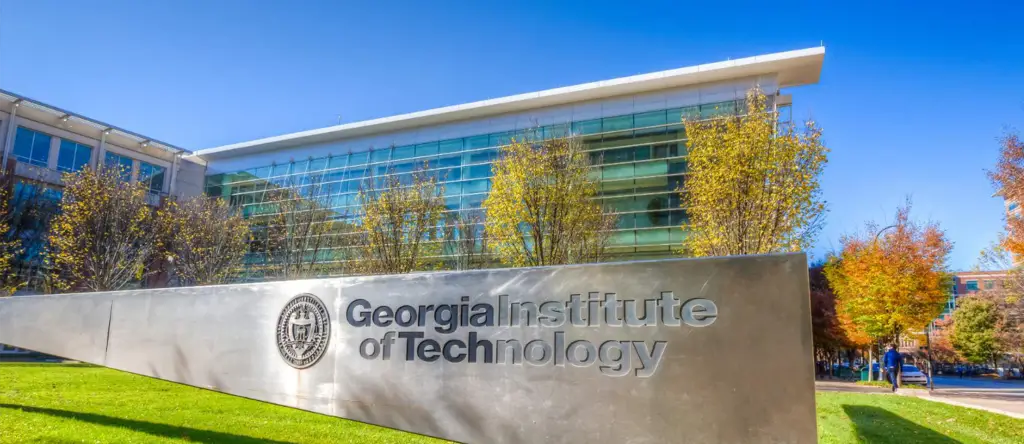Students have sued the University of Georgia and the Georgia Institute of Technology, demanding a partial refund of tuition and fees as the majority of their classes were not held in-person.
The lawsuits, filed in Fulton County Superior Court, say the students were not satisfied with the educational experience they had received due to the shift of the classes from face-to-face to remote instruction.
“You should not get the students’ money if you don’t provide the service,” Lee Parks, an attorney representing the students, said in an interview with The Atlanta Journal-Constitution.
Parks further stated that many of the students who enrolled during the spring 2020 semester had had to take loans to pay their tuition, which was about $15,000 that semester for out-of-state students who took a full load of classes.
On top of that, students also pay mandatory fees for services such as transportation, athletics, and health.
Demand Full Refund of Non-Tuition Fees
The Atlanta Journal-Constitution further stated that the state’s Board of Regents had approved a University System plan in April to provide refunds to students for housing and dining hall costs, but Parks demanded that the students should get a full refund for these services.
“If you purchased a first-class ticket to fly across the country and the airline provided you a seat in coach, you don’t expect to pay the full first-class fare just to support the airline. This case is no different,” Parks said in a statement, the outlet reported. “These students are simply asking to get the money back for the things that they did not receive which the majority took out loans to pay.”
The University System of Georgia, which oversees operations at the two schools and is a defendant in the lawsuits, has declined to comment on the matter.
The lawsuit is the latest in a series of cases spanning the country where students have sued their universities for similar reasons.
Brown, Delaware, Columbia, California State University, Michigan State, Princeton, Purdue, and Syracuse are among the high-profile defendants in these class-action lawsuits.


